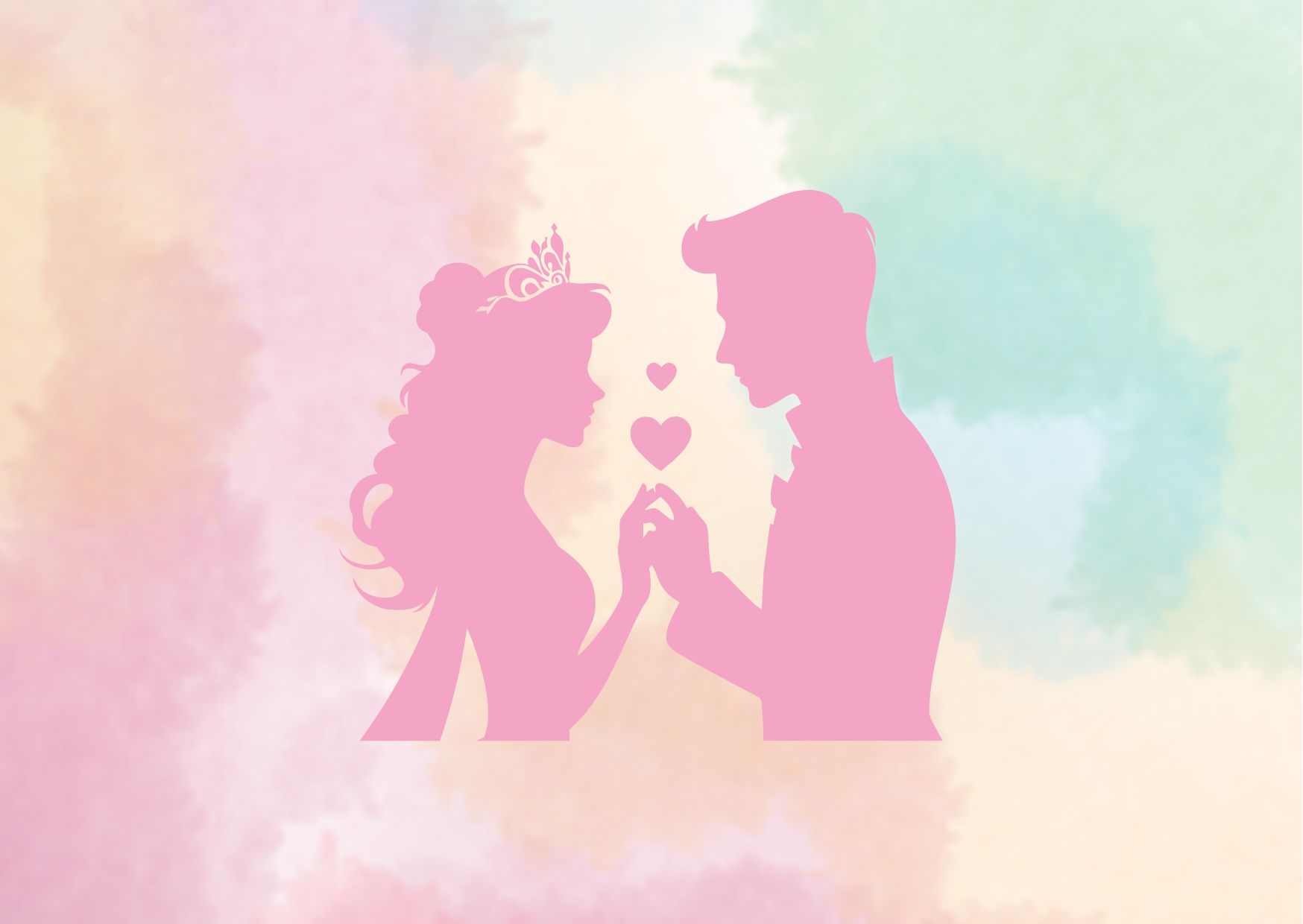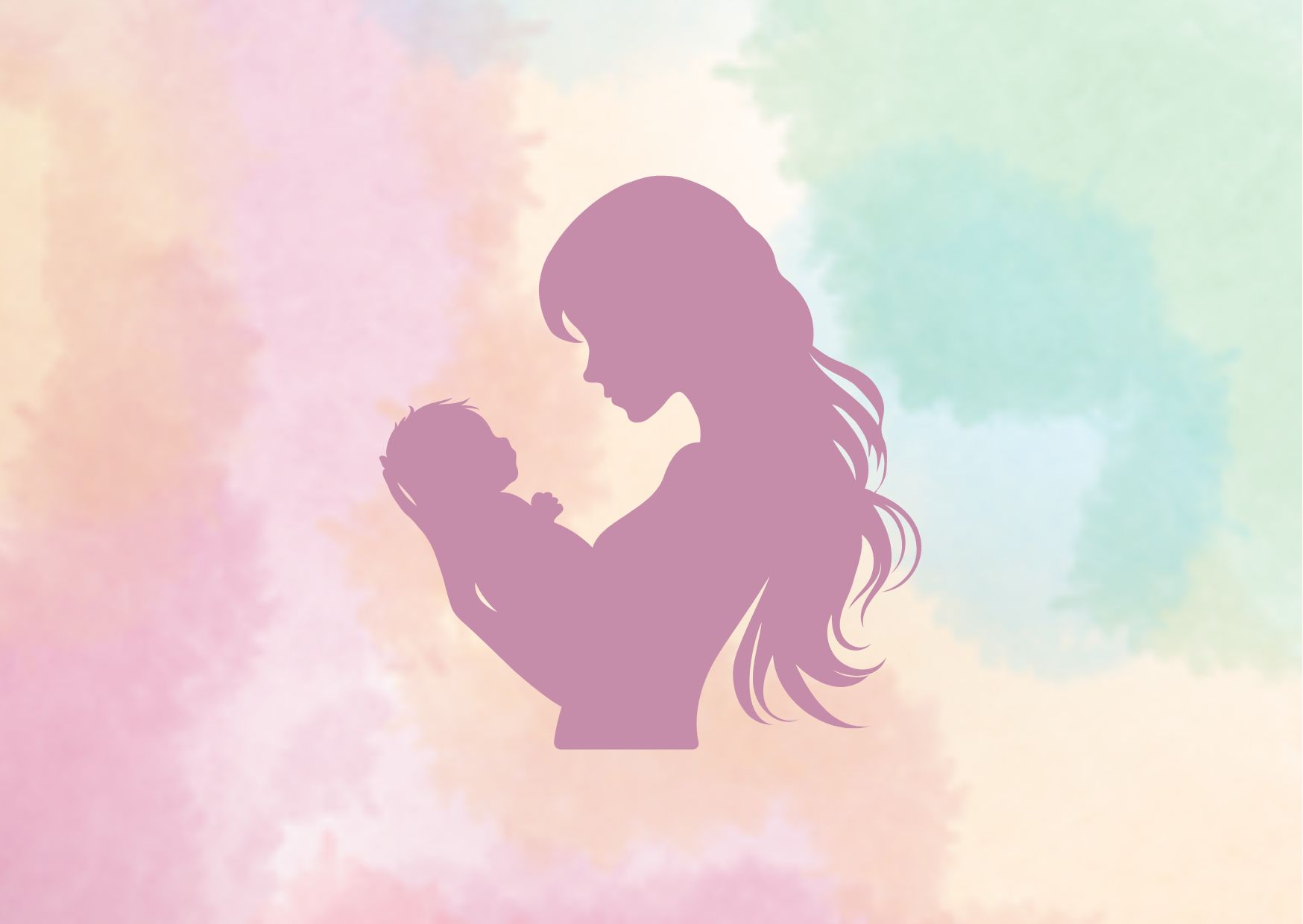Unconditional Love Explained: How to Cultivate It in Your Life
Most of us say we love without conditions, but the true meaning of unconditional love remains sort of hard to get one’s arms around. My years of studying and experiencing different types of love have shown me that unconditional love reaches way beyond our typical understanding of romantic relationships or family bonds.
Real unconditional love exists without expectations, limitations, or things we just need from others. People often believe they show unconditional love while they unknowingly attach strings to their affection. This detailed guide will help you learn about the science behind unconditional love. You’ll break free from conditional patterns and develop practical skills that revolutionize the way you express love in your life.
Understanding the Science Behind Unconditional Love
The science of unconditional love has always captivated me in my research. My studies have shown how our brains create this powerful emotion. Advanced neuroimaging studies reveal that unconditional love activates a unique neural network that sets it apart from other forms of love.
Neurological basis of unconditional love
Our brains create what I call a “symphony of chemicals” during moments of unconditional love. Dopamine, oxytocin, and vasopressin are the main players in this beautiful orchestration. These chemicals collaborate in our brain’s reward system, especially in regions like the ventral tegmental area (VTA) and the caudate nucleus.
The chemical dance in unconditional love is different from romantic or maternal love. Brain activation patterns show some overlap, yet unconditional love activates unique areas like BA 13 of the middle insula and the rostro-dorsal ACC. This creates its own neural signature.
Psychological benefits of giving and receiving
My research shows that giving and receiving unconditional love brings remarkable psychological benefits:
- Better emotional stability and resilience
- Stronger sense of security and trust
- Better ability to form authentic connections
- Deeper capacity for empathy and understanding
- Lower anxiety and stress levels
Research-backed effects on mental health
Unconditional love affects mental health profoundly. Studies show our brains produce a special cocktail of “feel-good” chemicals that:
| Brain Chemical | Mental Health Effect |
| Oxytocin | Reduces stress and anxiety |
| Dopamine | Enhances mood and pleasure |
| Serotonin | Stabilizes emotional well-being |
The sort of thing I love most is how this neurochemical response creates a positive feedback loop. Our brain’s reward system lights up as we give unconditional love. This makes us feel good and motivates us to keep expressing love unconditionally. Researchers call these “strong emotional bonds” that add by a lot to our psychological well-being.
Science proves that unconditional love isn’t just a romantic notion. It’s a powerful force that shapes our brain chemistry and mental health. Understanding these biological mechanisms helps us appreciate why unconditional love is vital to our emotional and psychological wellness.
Breaking Free from Conditional Love Patterns
Self-awareness and courage help us break free from conditional love patterns. My work with many people shows that spotting these patterns is the toughest first step.
Identifying conditional relationship habits
Conditional love shows up in subtle ways. These common patterns emerge from my experience:
- Withholding affection when expectations aren’t met
- Using guilt or manipulation to control behavior
- Setting unrealistic standards for love and acceptance
- Becoming emotionally distant during conflicts
- Making love dependent on performance or achievement
Healing childhood emotional wounds
Our current relationship patterns mirror our earliest experiences with love. Getting love only for good grades or proper behavior taught us that we must earn it. This creates what psychologists call “conditions of worth” – invisible rules we believe we must follow to deserve love.
We start healing once we see how these early experiences shaped our view of love. The sort of thing i love is how our brain’s chemistry, which we discussed earlier, starts to move as we work through these childhood wounds.
Transforming limiting beliefs about love
My research and personal trip have helped me understand how we can change our limiting beliefs about love. Here’s the transformation process I suggest:
| Limiting Belief | Transformative Truth |
| “Love must be earned” | “I am worthy of love just as I am” |
| “Perfect behavior ensures love” | “Real love accepts imperfection” |
| “Love is conditional” | “True love is unconditional and steady” |
These beliefs took shape when we were young and vulnerable. Adult awareness helps us rewrite our understanding of unconditional love.
This process creates a ripple effect in all our relationships naturally. We offer more unconditional love to others as we heal our wounds and transform our beliefs. This creates a positive cycle of healing and growth.
Suggestion for read: Healthy Power Dynamics in Marriage
Essential Components of Unconditional Love
My research into relationships has taught me that the basics of unconditional love are similar to becoming skilled at a delicate dance. These elements blend together naturally to build meaningful connections.

